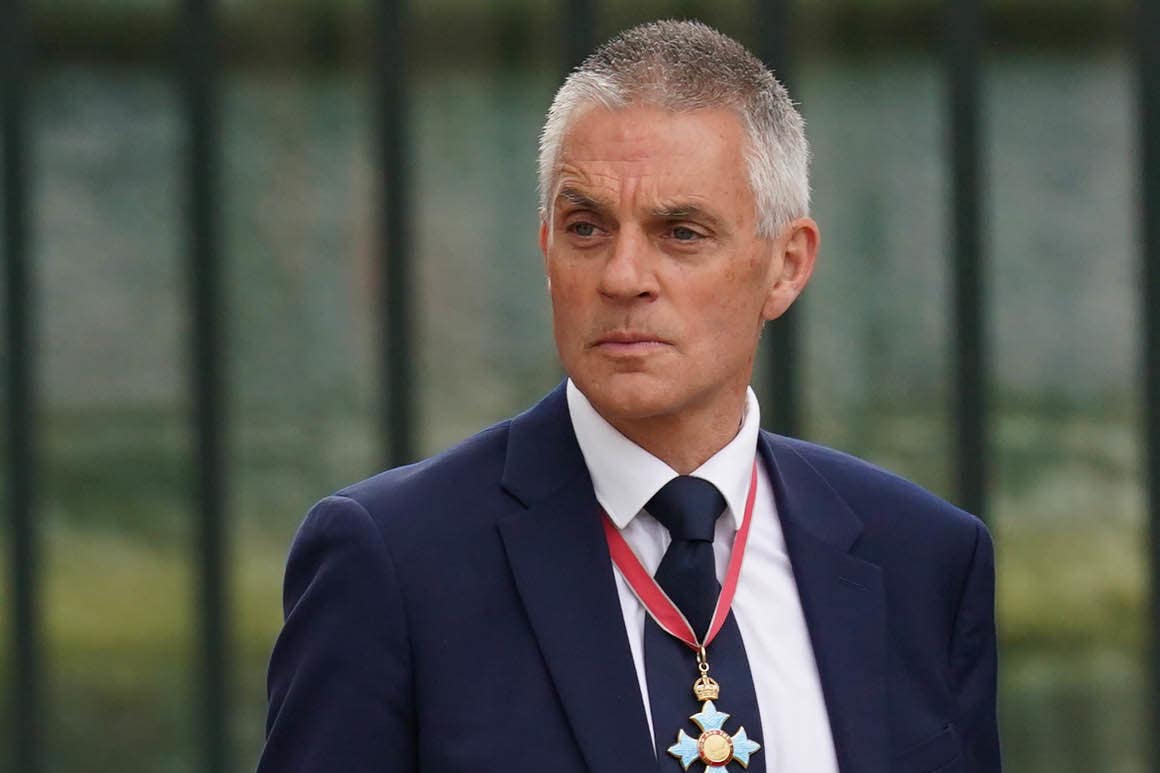Social media comments on Israel by some BBC journalists ‘unacceptable’, says Tim Davie
BBC director-general was also asked about BBC Arabic staff retweeting remarks that are ‘essentially pro-Hamas’

Your support helps us to tell the story
From reproductive rights to climate change to Big Tech, The Independent is on the ground when the story is developing. Whether it's investigating the financials of Elon Musk's pro-Trump PAC or producing our latest documentary, 'The A Word', which shines a light on the American women fighting for reproductive rights, we know how important it is to parse out the facts from the messaging.
At such a critical moment in US history, we need reporters on the ground. Your donation allows us to keep sending journalists to speak to both sides of the story.
The Independent is trusted by Americans across the entire political spectrum. And unlike many other quality news outlets, we choose not to lock Americans out of our reporting and analysis with paywalls. We believe quality journalism should be available to everyone, paid for by those who can afford it.
Your support makes all the difference.Tim Davie has branded social media remarks about the Israel-Gaza war by some of the corporation’s journalists “unacceptable” – but insists the broadcaster remains impartial.
The BBC Director-General’s comments came after Culture Secretary Lucy Frazer recently said she believes the broadcaster is biased “on occasion.”
Mr Davie told MPs on the committee he is “proud of our output under huge pressure.”
He added that the BBC is able to “steer the course amongst the noise” despite “the storms of social media” being “very demanding.”
However, he also said he “worries” about public institutions losing trust in the current social climate.
“I believe we are impartial and we’re doing a good job, but I do not want for a minute to be defensive or complacent about that. I think there’s lots of work to do.”
Mr Davie was also asked about BBC Arabic staff retweeting remarks that are “essentially pro-Hamas.”
He replied: “Some of those tweets that we’ve seen are unacceptable, and we have taken action and we’ll continue to take action; whether I can convince you that it will never happen again… of course not.
“We are robust and I think we’re doing the fair thing, we’re acting fairly and judiciously and it’s not easy.
“I mean, you’re seeing it around the world, every news organisation, every cultural institution as you know is under enormous pressure… this is enormously fraught.”
He said “social media activity with regard to this issue” has led to many BBC staff facing “threats” and has caused some to leave.
Mr Davie was also asked about the BBC’s reporting of a submission to the International Court of Justice (ICJ) by South Africa alleging that Israel breached the Genocide Convention with its military offensive against Hamas.
He said he gets “significant feedback from either side”, and added: “Overall I think we have been pretty robust in covering the ICJ rulings. We’ve been in a reasonable position.”
BBC director of editorial policy and standards David Jordan told the committee that South Africa and Israel’s submissions receiving different amounts of coverage on different days “only happened on our UK output”, due to the need to cover a hearing about the Post Office scandal.
“When News looked at it in retrospect, they did think that perhaps they did make a mistake by not making the two live coverages similar or the same, but all the other coverage was similar or the same,” he said.
Mr Jordan added that an update to editorial guidelines will be available for publication “hopefully before the general election”.
Israel has denied the accusations by South Africa saying they are “wholly unfounded in fact and law, morally repugnant, and represent an abuse both of the Genocide Convention and of the court itself” in court documents.
New guidance on social media for BBC employees was published in September, which said they must not bring the corporation “into disrepute” and are required to be respectful in public.